The lighthearted anime Miss Kobayashi’s Dragon Maid, which depicts dragons cohabitating with an office worker, is consumed by some as comforting escapism. However, one particular scene shared on Twitter has ignited intense debate.
A post proclaimed the scene’s superiority over Western animation, sparking divisions. Supporters extolled the artistry and emotional impact. Detractors contested the claim and criticized perceived issues in both the scene and anime trends.
As discourse escalated dramatically, the anime began trending. Passions ran high on multiple sides, from anime fans countering critiques to advocates questioning certain creative choices and tropes. Underlying the clash of opinions appear to be deeper divides regarding animation norms and societal influences.
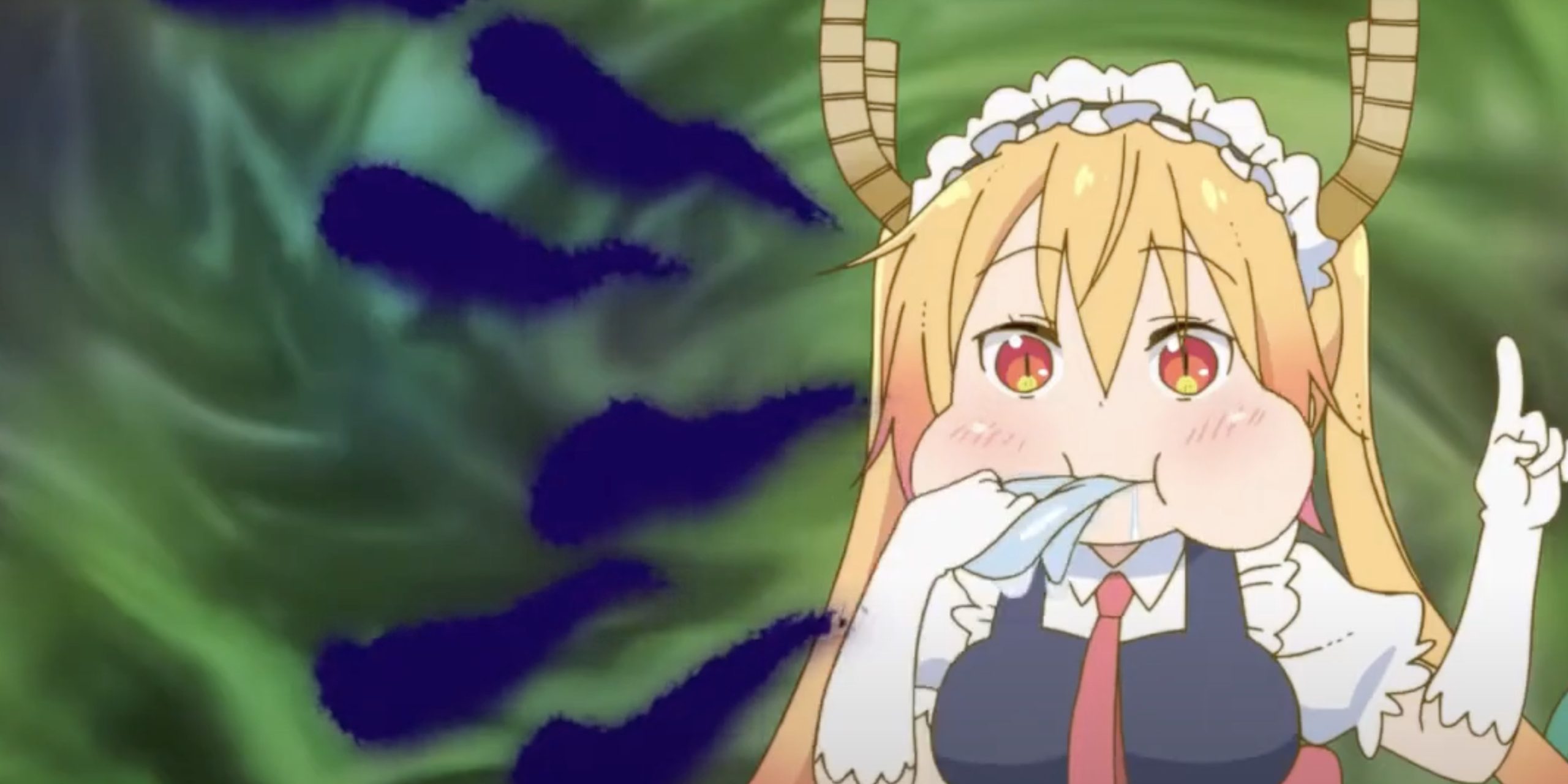
The fervent responses reveal how this genre of entertainment intersects with personal values and worldviews. While the anime intends fantasy and comedy, its interpretation underscores complex social questions of art, culture, and gender.
As always, perspective shapes judgment. This incident prompted both thoughtful discussion and reactionary stances.
The Unanticipated Stir in Anime Fandom
A slice-of-life anime escapist fantasy unexpectedly provoked controversy recently. The show Miss Kobayashi’s Dragon Maid depicts whimsical dragon characters assimilating into human society. This genre often provides light comedy and uplifting themes.
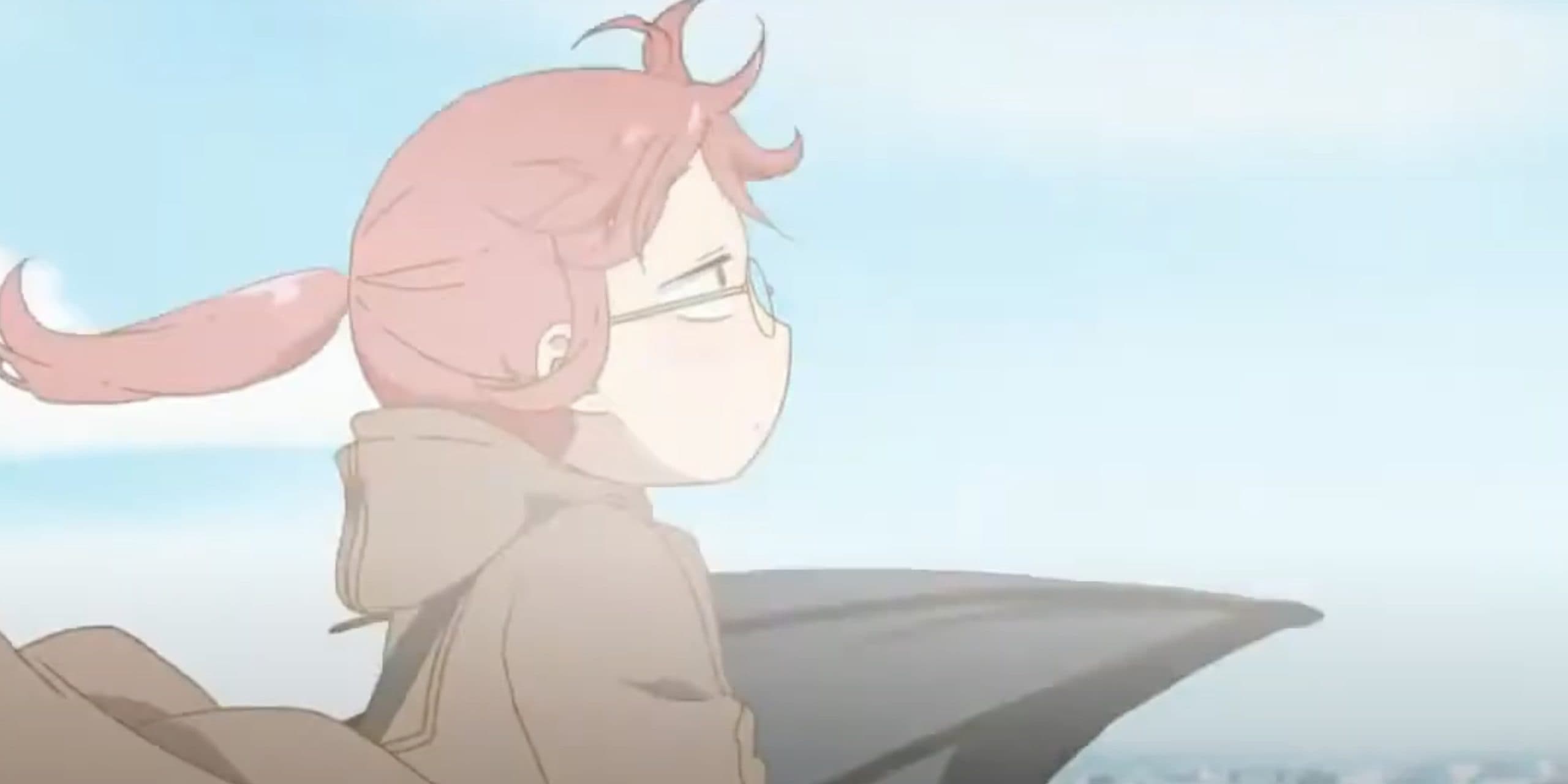
However, a tweet proclaiming one scene’s superiority ignited outrage in some quarters. Detractors contested the bold claim of supremacy over Western animation.
Supporters rallied to defend the artistry. Still, others critiqued perceived problematic elements.
As the discourse exploded, anger and accusations quickly escalated. The anime began trending as arguments ensnared wider issues of societal values and entertainment norms.
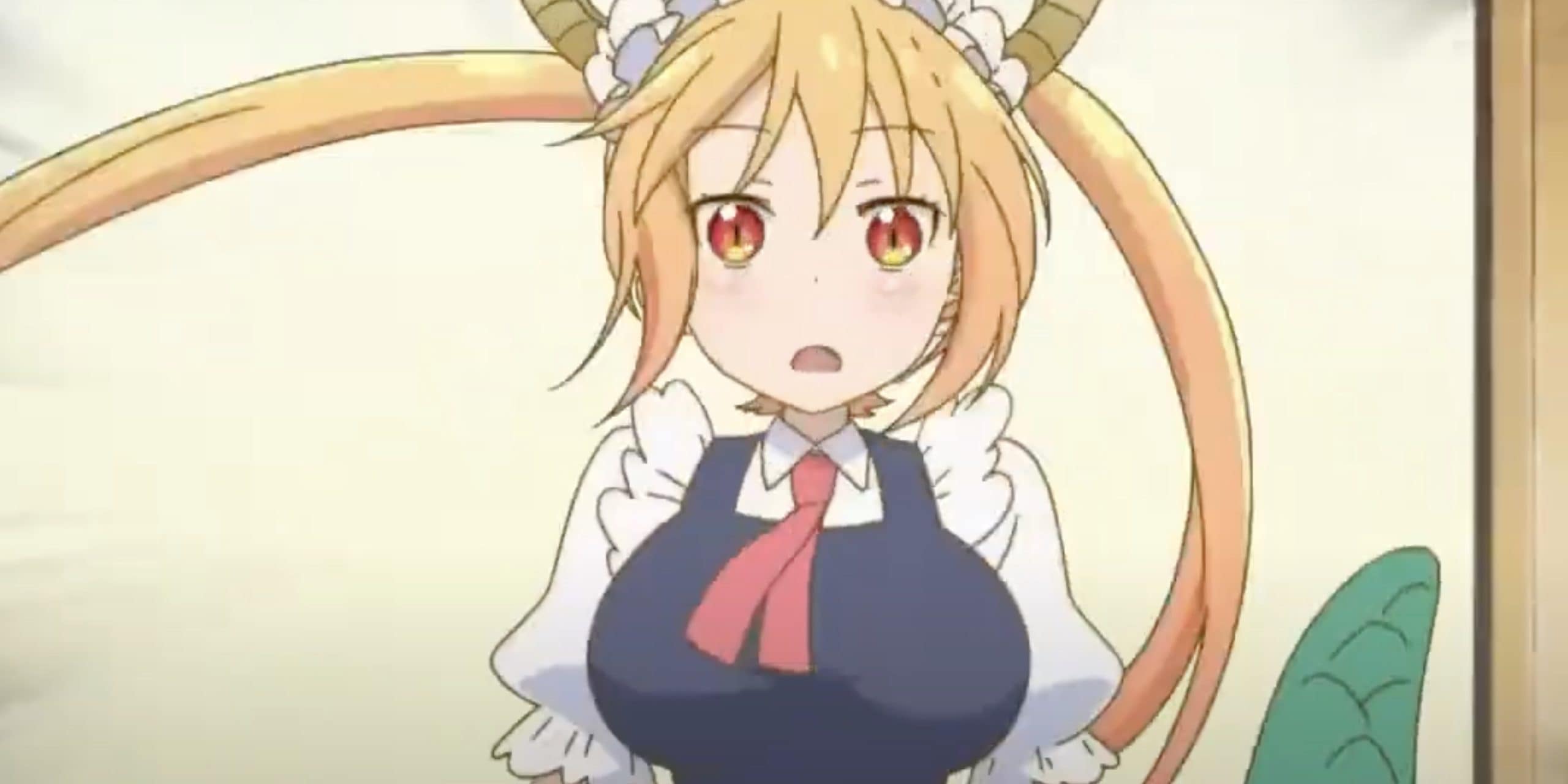
Stances reflecting deeper divides emerged – from artistic preference to gender representation.
The fierce debate revealed how creative works, however, intended as a harmless diversion, can fuel impassioned disagreement. When interpretations markedly differ, judgment readily gives way to reactionary defensiveness or critique. Perspective invariably shapes individual responses to such artistic expressions.

This incident illuminated the complexity underlying entertainment media’s cultural influence. For some, escapist relief. For others, symptomatic issues warrant discussion or outright rejection. For many, disillusionment at fandom fragmenting into hostile factions over creative disagreements.
The Fallout of Miss Kobayashi’s Dragon Maid Controversy Reveals Deep Divides
A provocative tweet sparked intense disagreement in the anime community. Reactions ranged from upset to outright enraged. Dragon Maid fans felt unfairly maligned and trolled. Detractors excoriated the show as symptomatic of larger issues. Still others lamented the hostility and fragmentation.
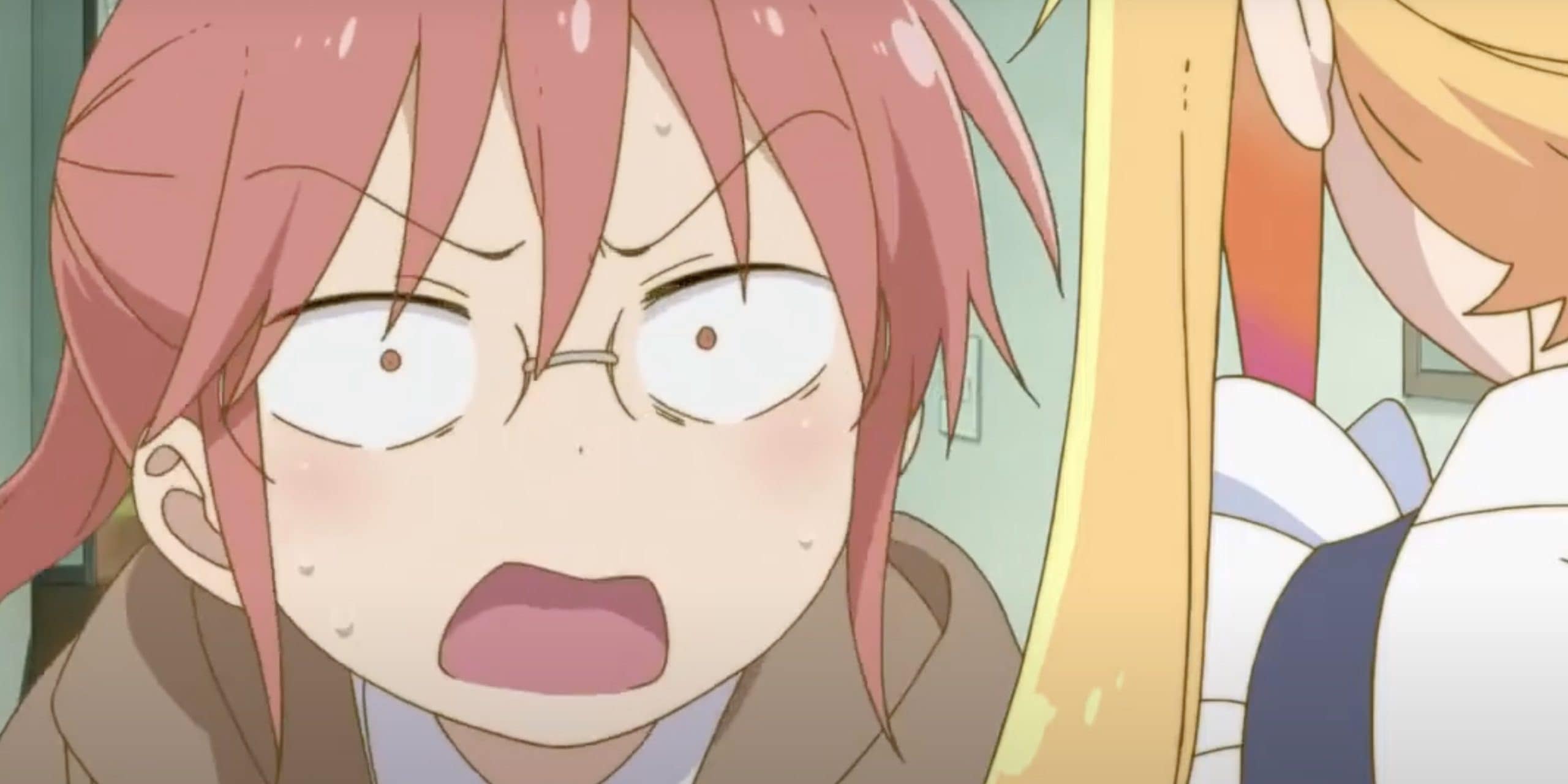
Diehard supporters defended the anime’s artistic merits and uplifting spirit. They contested accusations of promoting problematic content and countered that fantasy depictions should not be taken literally.
Some fans merely expressed disappointment that the trending topic was controversy rather than anticipation of another season.
Critics characterized the anime as normalizing questionable tropes and gender dynamics. A few resorted to expletives and personal attacks on fans’ tastes and intelligence. However, more thoughtful analyses argued the show’s themes reflect and potentially reinforce societal attitudes deserving re-evaluation.

Between defensive fans and ideological critics lay conflict-averse observers disenchanted by the entire affair. Watching creators and audiences turn against one another over disagreements dampened their enthusiasm. They withdrew from the fracas through silence, calls for nuance, or frustrated venting into the empty void.
This microcosm of digital outrage revealed clashing worldviews behind creative media. For some, an earnest source of joy. For others, a conduit of harm. For many, simply a lamentable new front of endless online hostilities rooted in unreconciled differences.
More About Miss Kobayashi’s Dragon Maid
Office worker Kobayashi leads an ordinary life, until one day she encounters a dragon during a drunken mountain excursion. Removing a sword lodged in the dragon’s back leads the mystical beast to appear at Kobayashi’s doorstep, now in the form of a young girl introducing herself as Tohru.
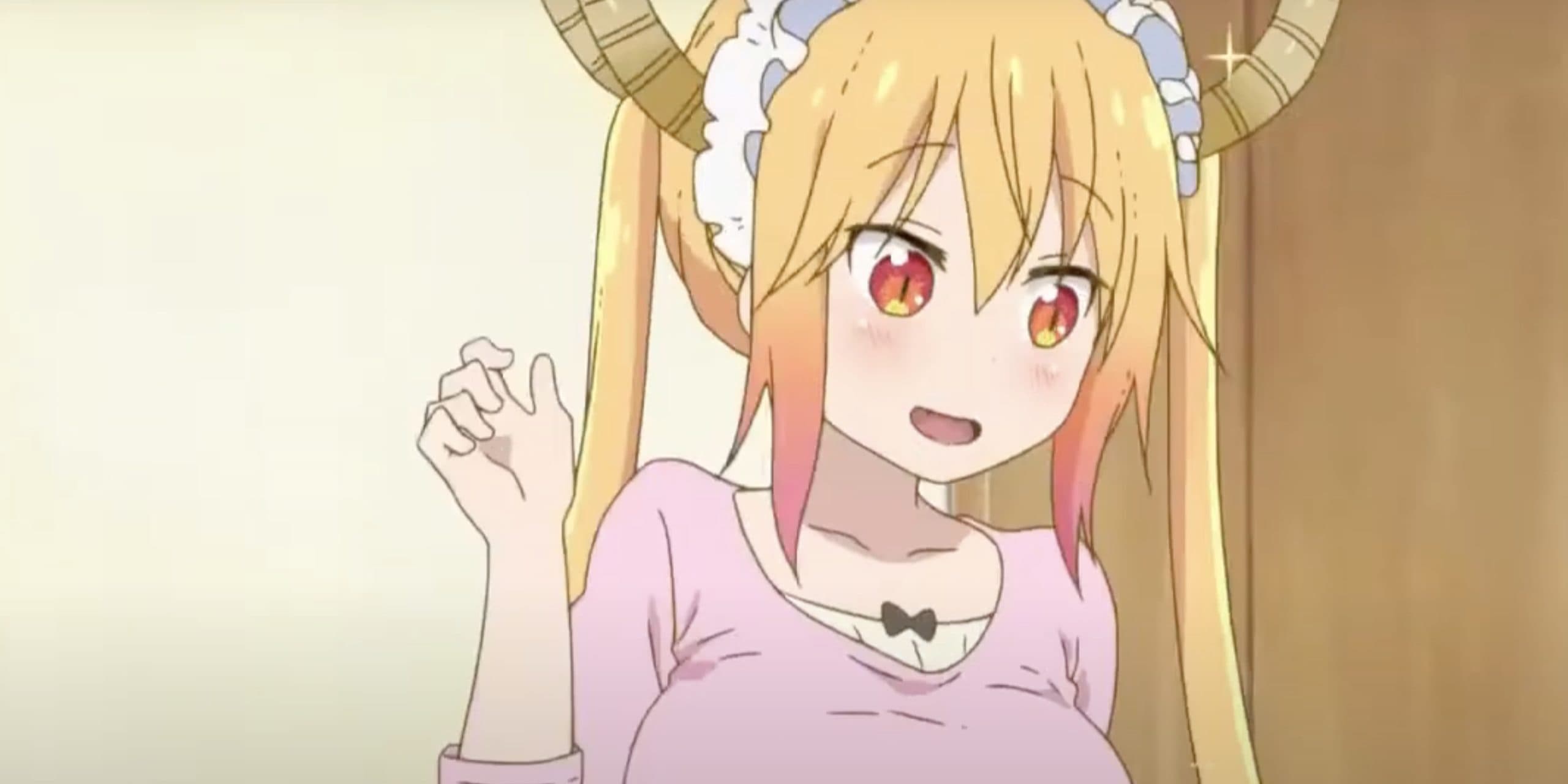
To show gratitude for Kobayashi’s act, Tohru volunteers to become her personal maid. Kobayashi agrees, allowing the eager dragon to move into her home. However, Tohru’s unfamiliarity with the human world soon causes amusing chaos in Kobayashi’s formerly quiet life.
Before long, another dragon arrives – a childlike girl named Kanna who demands Kobayashi return Tohru. It emerges Kanna was exiled from their magical realm and has nowhere else to go. Taking pity on her, Kobayashi welcomes Kanna into her newly non-traditional family.

As the two dragons adjust to ordinary human society, Kobayashi gradually warms to their quirks and company, considering them an endearing part of her everyday routine. But the presence of mythical beings in Kobayashi’s ordinary world also attracts an assortment of gods, spirits, and other fantastic entities into her once mundane life.





